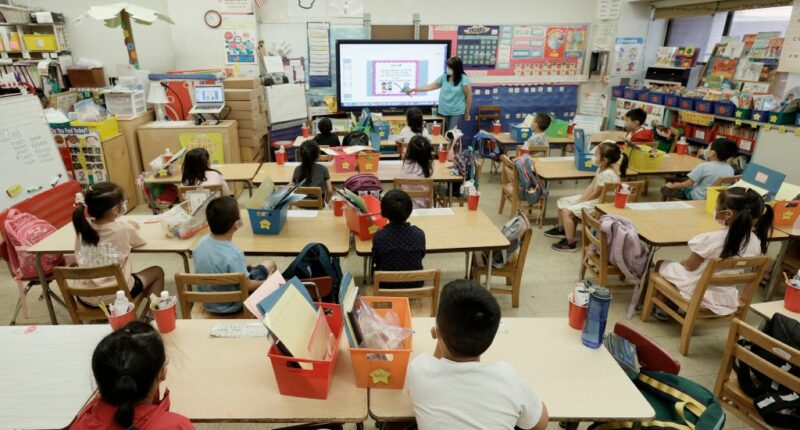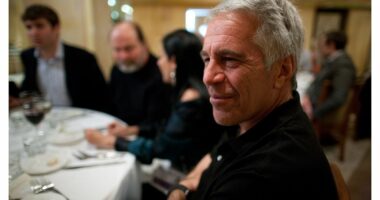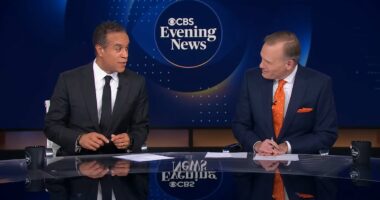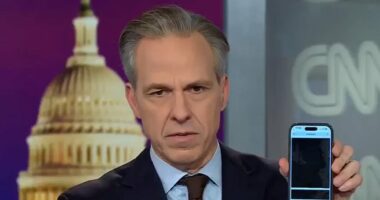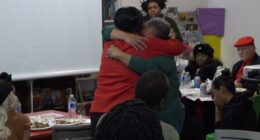Share this @internewscast.com

The spotlight in this year’s New York City mayoral race is firmly on affordability. However, a crucial topic that profoundly influences residents’ quality of life—education—has been largely overlooked. This evening’s first general election debate must address how each candidate plans to tackle this issue.
New York City’s public schools are tasked with educating nearly one million students who will soon enter a rapidly evolving workforce. Voters need clarity on how the next mayor intends to equip students for these changes. Education is a cornerstone of public welfare, influencing everything from workforce vitality to neighborhood stability and civic health.
The city is already feeling the effects of a shifting economy. Job growth in the Big Apple has decelerated, and the rise of artificial intelligence is transforming industries. The New York City Office of Management and Budget reports that the city has experienced the slowest job growth during the first seven months of this year compared to any year since 1995. Simultaneously, AI is reshaping work in various sectors, including logistics, healthcare, finance, and the arts.
New college graduates are confronting one of the most challenging job markets since 2015. According to the New York Federal Reserve, unemployment among new graduates is 5.3%, compared to an overall rate of 4%. The city’s future hinges on graduates who can adeptly navigate and leverage emerging technologies and industries.
Recognizing the importance of workforce readiness, public schools have been fostering cross-sector partnerships. These collaborations have introduced career pathways, offering students hands-on learning experiences in high-demand fields. Such initiatives are evident at places like Teachers College, where students gain practical experience in classrooms across the city, equipping them with the skills necessary to nurture future leaders.
Although mayoral candidates have proposed policies ranging from early-childhood education programs and vocational training to initiatives that empower teachers and parents, voters still need a comprehensive strategy. They seek assurance that these proposals will effectively create pathways from education to meaningful employment.
Many schools are still struggling with pandemic learning loss, and chronic absenteeism. Shortages of counselors, social workers, bilingual educators, and special education staff leave students without the support they need. In many neighborhoods, facilities remain outdated, from aging infrastructure to limited access to technology.
Certainly, the candidates differ in their approaches to addressing these challenges. Andrew Cuomo argues for continuing mayoral control of schools, while Curtis Sliwa calls for new oversight, and Zohran Mamdani proposes decentralizing authority. What matters most for families, however, is not the structure itself but whether it produces better results. New Yorkers should press each candidate to explain how their approach to governance will guarantee that resources and reforms actually reach classrooms.
No governance model or policy shift will succeed unless the next mayor makes a serious investment in the teachers and staff who carry the work forward every day. At Teachers College, we are preparing the next generation of educators, counselors, psychologists and nutritionists to support this next-generation learning, but their training is only as good as the support they find once they arrive at schools.
Educators are being asked to integrate AI into instruction, address growing mental health needs, and serve multilingual classrooms — all while coping with shortages of counselors, specialists, and support staff. Every candidate has spoken of the importance of educators, but none has yet offered a vision for how New York will recruit, prepare, and retain them.
When you step back, all of these debates — about the economy, school governance, and teacher support — point in the same direction. Education isn’t just one policy area. It is the foundation of the public good and a key factor in New York’s success.
The next mayor’s choices on schools will determine whether our economy stays competitive, our neighborhoods are livable, and our children are prepared for the world ahead. As the debates begin, New Yorkers should hear clear answers: How will classrooms connect to careers? How will schools get the resources they need? How will educators be supported? These are not side issues — they are the test of leadership.
Education is the bridge between opportunity and progress, the foundation for shared prosperity. If we keep it front and center, New York can remain a place where every child has the chance to learn, grow, and thrive.
Bailey is president of Teachers College, Columbia University, which prepares educators, health professionals, and psychologists.
